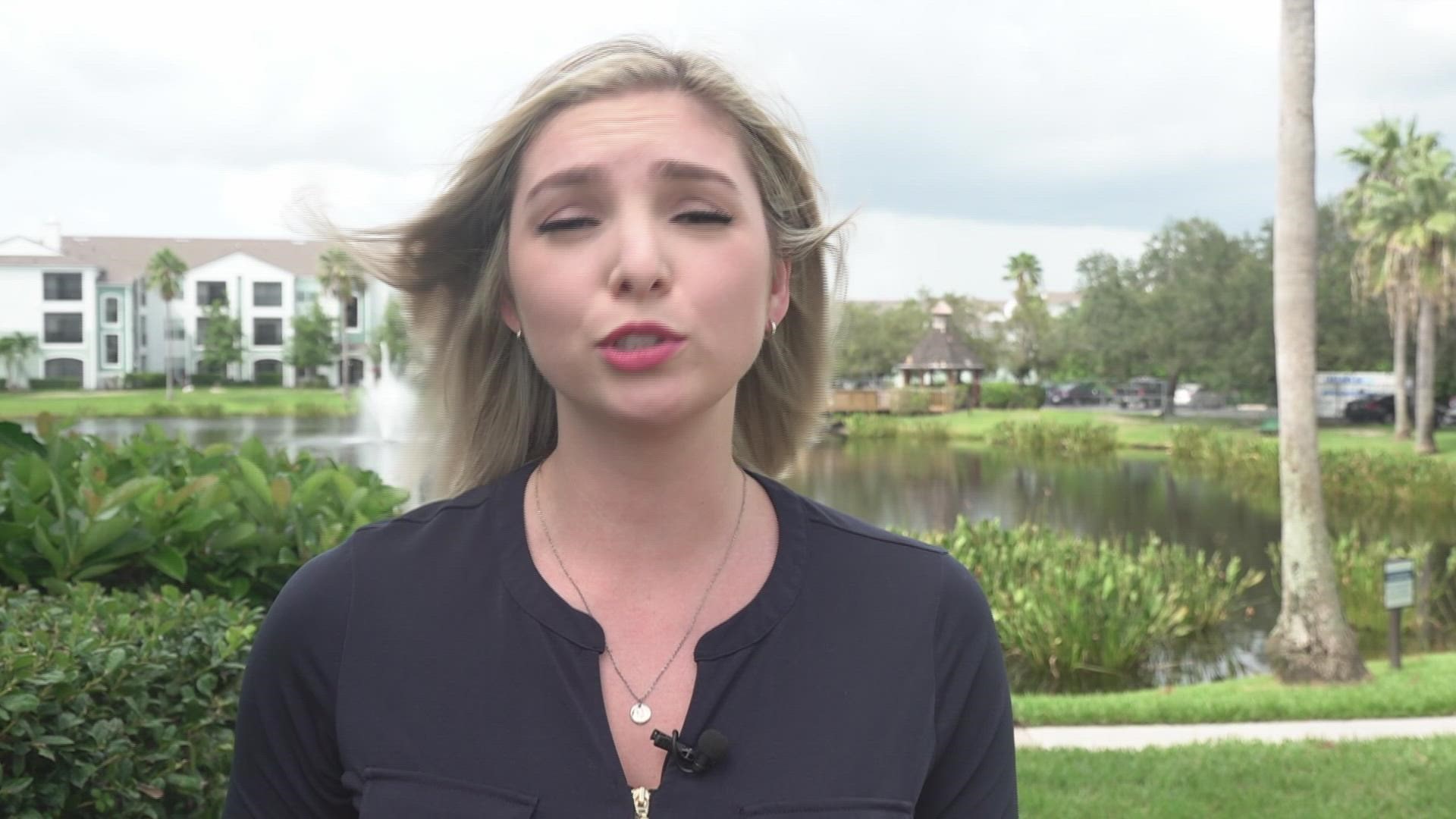TAMPA, Fla — Pfizer's COVID-19 vaccine received full approval Monday from the Food and Drug Administration. As the country is facing another wave in the pandemic with the highly contagious delta variant, regulators hope this approval encourages more people to get their shot.
But what's the difference between FDA approval and emergency use authorization, or EUA, which the shot just recently had?
Simply put, the amount of data and time in which that data is collected. FDA approval is the strongest endorsement a drug can receive and is held to a higher standard of approval.
"Full approval, that takes some additional time," said Dr. Laura Arline, the chief quality officer at BayCare Health Systems. "So they need more people having that vaccine administered to them and more of a length of time for follow up."
Emergency use authorization is granted in cases of emergencies, like the pandemic we've been dealing with over the last year and a half. Drugs are granted EUA when there are no adequate, approved and available alternatives.
"An emergency-use situation is really less data," said Dr. Jill Roberts, a USF professor at the College of Public Health.
More than 200 million Pfizer COVID vaccines doses have been administered in the U.S. Now that the drug has full FDA approval, it opens the door for employers to make them mandatory.
"[The FDA approval] actually helps the legality of vaccine mandates," Roberts said. "In some cases, some employers may have been hesitant to mandate a product that was under temporary use. But now that it's a full, true approval, I think more employers are going to jump on board and say vaccinations are going to be required."
BayCare Health System has 15 hospital locations in Florida. Vaccines are not mandated for employees but are strongly encouraged.
"That's something we haven't discussed in great detail in Baycare at this point," Arline said. "So if that was something we were to consider in the future, then all of those detail would need to be worked out..."
Health officials' hope is that the FDA approval encourages more people to get their vaccine, resulting in fewer COVID-related hospitalizations.
"The vast majority of the patients that are hospitalized are unvaccinated," Arline said. "The vast majority of the patients in our ICUs, I'd say nearly all of them are unvaccinated."
The FDA approval only impacts vaccinations for people 16 and older. For children aged 12-15, they can still receive the Pfizer vaccine under the EUA. More data is expected on the vaccine's impacts on children in the fall.
If you're wondering how this may impact booster shots, the short answer is that it doesn't.
The FDA has granted emergency use authorization for an additional dose of the COVID-19 vaccine for people severely immunocompromised.
"For persons that are immunocompromised, when they got their initial series of the vaccine, they did not mount a normal robust immune response and they need an additional dose in order to get there," Arline said. "The booster doses, that's what's being investigated."
Booster shots, meant for administration eight months after the final vaccine dose, are not currently backed by the FDA or CDC. The Biden administration has encouraged its use.
"The booster dose means you got your original series [of vaccine doses] and you mounted a great response, but over time, the effect of that response has waned," Arline said. "Therefore, you need a booster."
It takes six weeks for a person to be fully vaccinated with Pfizer's drug. In the meantime, hospitals ask you to mask up to stop the spread.

